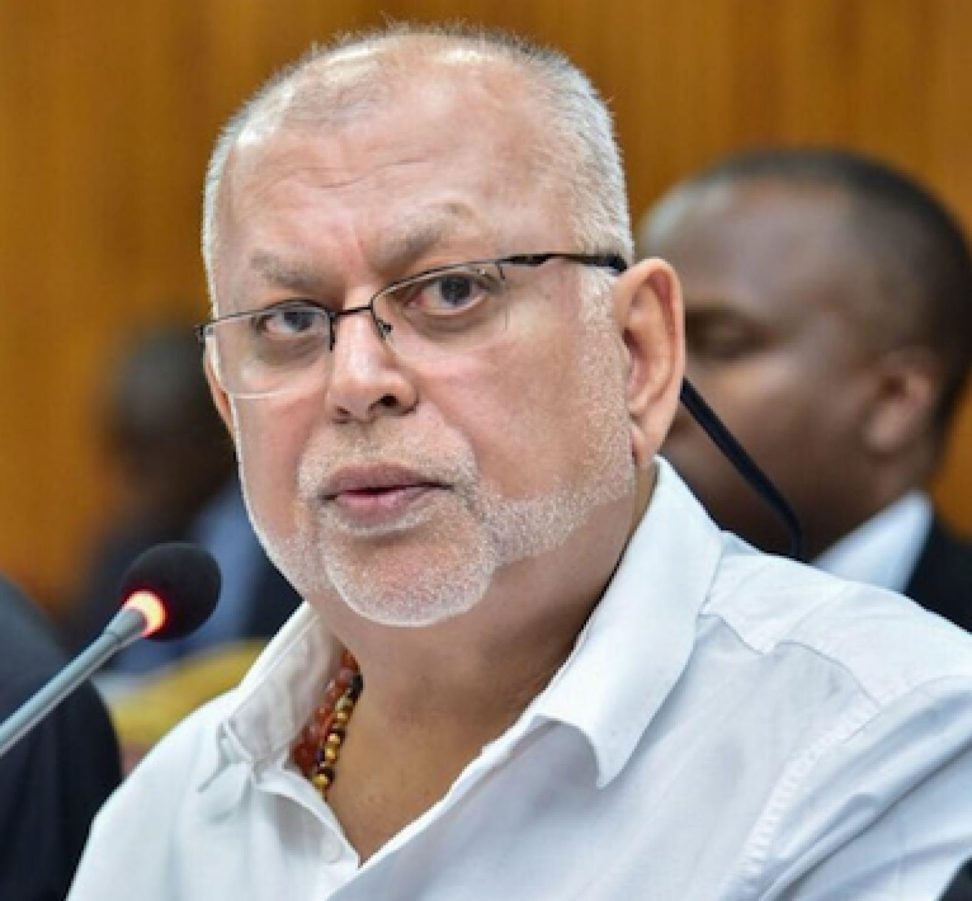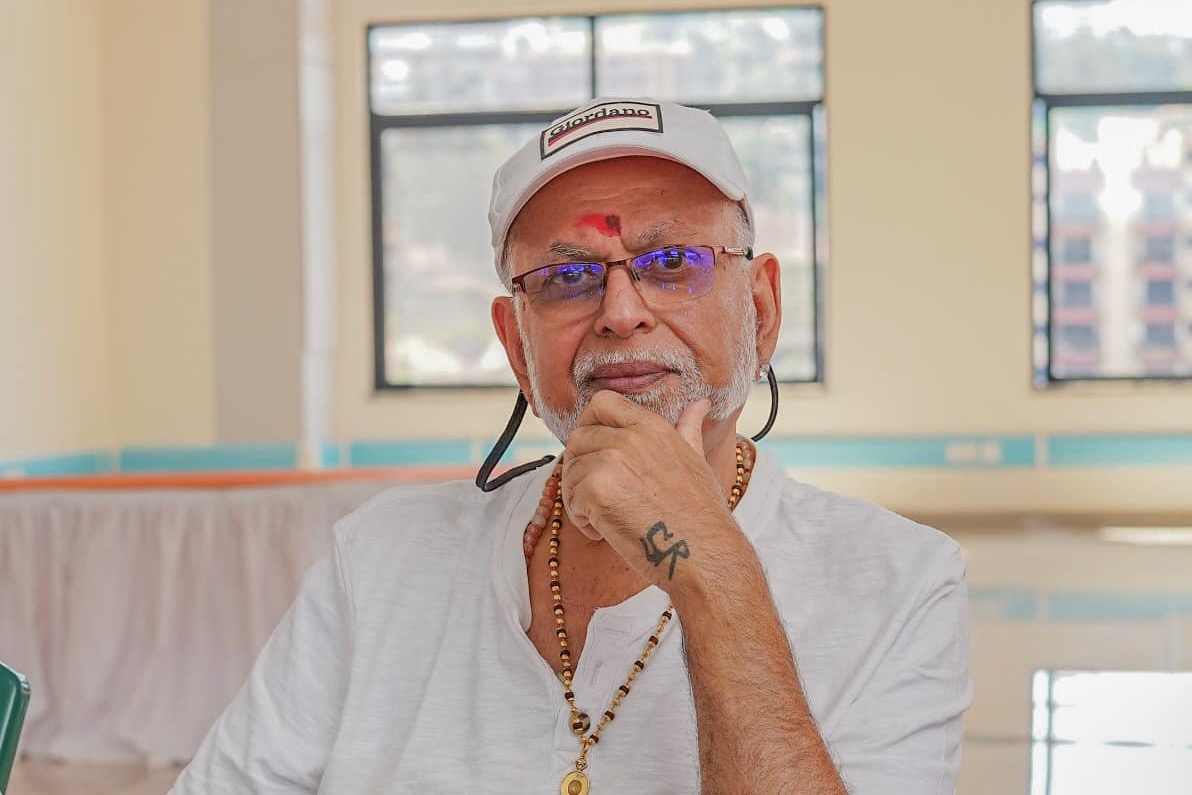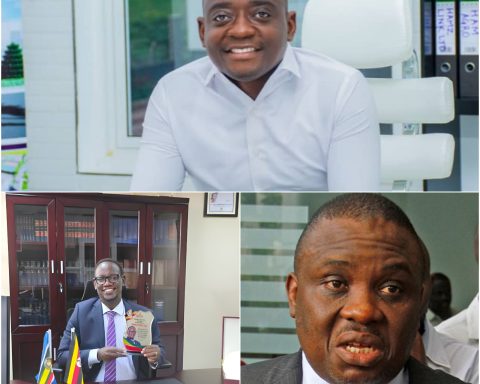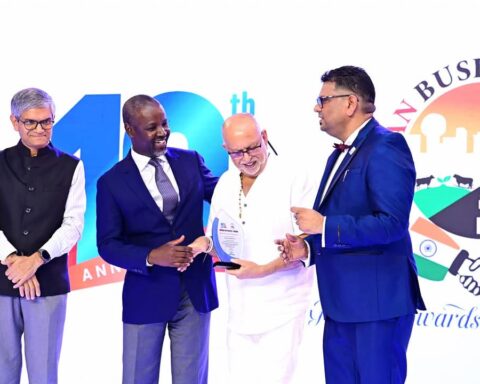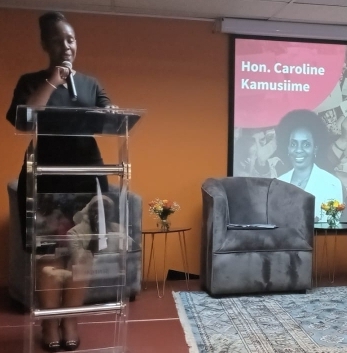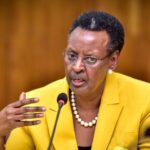Dr. Sudhir Ruparelia, the prominent Ugandan billionaire and chairman of the Ruparelia Group, has once again urged the formal recognition of Uganda’s Asian community as an official tribe within the country.
In a video shared on his TikTok account, ‘jointsofsudhir,’ Dr. Sudhir emphasised the deep historical ties and significant economic contributions of the Asian community to Uganda, calling for their inclusion in the nation’s social and cultural framework.
“Just like other migrant groups that have been recognised, we too need an identity in Uganda,” Dr. Sudhir said in his passionate appeal. Though he owns properties in England and Dubai, Sudhir stressed his connection to Uganda. “Uganda is my home; it will always be my first home.”
During his interview with Rajan Nazran of The Global Indian Network, Sudhir highlighted the vital role the Asian community, particularly those of Indian descent, plays in Uganda’s economy.
He pointed out that the community contributes between 60 to 65 percent of Uganda’s tax revenue, underscoring its pivotal economic presence.
The Asian community in Uganda, primarily of Indian origin, has a rich history dating back to the colonial era. Despite facing expulsion under former President Idi Amin in the 1970s and the subsequent nationalization of their businesses, the community has rebuilt itself, re-establishing its importance within Uganda’s business landscape. Today, over 40,000 Asian-Ugandans are involved in a wide range of sectors, from manufacturing and finance to real estate and hospitality.
Sudhir’s renewed call for recognition reflects a deeper desire for the Asian community to be formally acknowledged as a part of Uganda’s identity. “Uganda is my home, and that shows my love for it. I can live anywhere, but Uganda is always my first choice,” Sudhir added, expressing a sentiment shared by many Asians who have made Uganda their homeland across generations.
His proposal has sparked fresh conversations about the role of Uganda’s Asian community in the nation’s cultural and social fabric. While their economic contributions are already well acknowledged, gaining official tribal status would mark a new chapter in recognizing their historical presence and securing their place in Uganda’s future.
As the debate gains momentum, Dr. Sudhir’s call raises important questions about Uganda’s evolving national identity and the inclusivity of its multicultural society.
With numerous ethnic groups already recognised, formal recognition of the Asian community would be a significant cultural milestone, symbolizing acceptance and belonging for future generations of Ugandan Asians.
Whether the Ugandan government will act on this request remains to be seen, but the call for recognition is a heartfelt appeal for inclusion.
![]()

